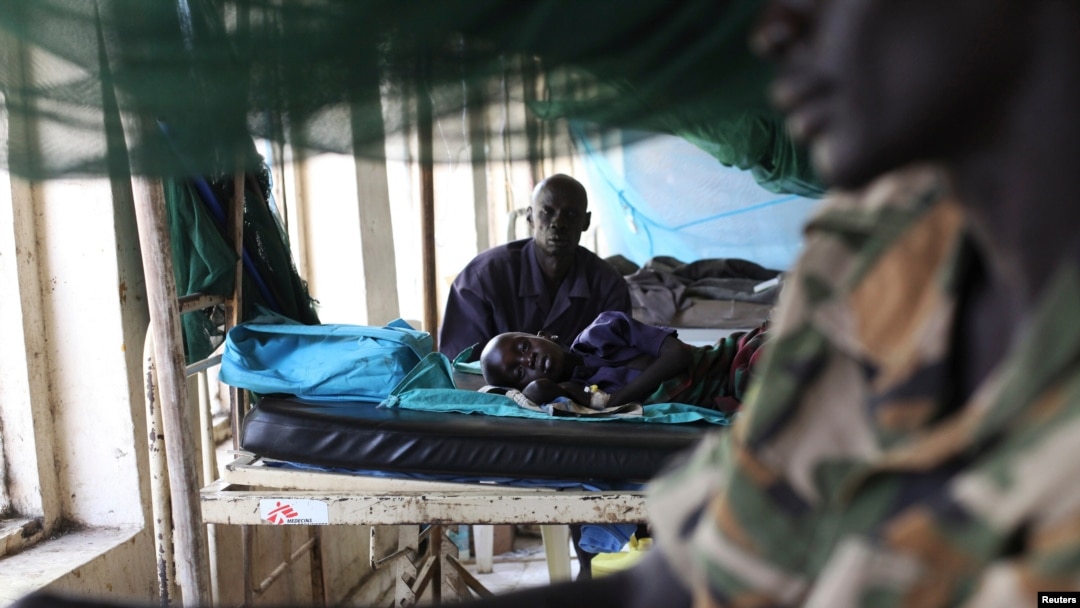Officials wrapped up a three-day conference on malaria in Juba last week with resolutions approved by some health experts who attended the conference.
South Sudan’s Vice President for Service Cluster Hussein Abdelbagi Akol said the government approved a five-year malaria strategic plan in 2021 with a goal of reducing malaria cases by 80% in 2025.
“Starting from the supplementary budget and next year's budget, we are going to make sure that we raise the budget of the ministry of health to 10%, and until 2025, we are going to have 15%,” Akol told conference participants.
He urged the health ministry to implement all the resolutions approved at the conference and encouraged stakeholders to join the campaign.
Dr. Victoria Anib, the health ministry undersecretary, said her office will ensure all the resolutions are funded to provide “universal coverage of long lasting insecticide treated nets,” improved “surveillance and monitoring of resistance to insecticide” and strengthened “health information systems and integrated disease surveillance and response system.”
Some stakeholders in the health sector called for more funding to expand the government’s Boma Health Initiative to help provide health coverage to South Sudanese living in remote areas.
Health experts at the conference also said the South Sudan government should invest in integrated health systems and implement seasonal malaria chemical sprays in high burden areas.
South Sudan National Minister for Health Yolanda Awel Deng said her office will donate $500 dollars to help the anti-malaria campaign.
“Let’s work together to develop our nation and sustain our country. Zero malaria starts with me. I will do my part as a minister of health, I will do my part as a mother, I will do my part as a community member. What are you going to do? Are you going to do your part?” Deng said.
United States Agency for International Development (USAID) official Jennifer Eric said while donors play a key role in South Sudan’s fight against malaria, the government must take the lead.
Malaria is a major contributing factor to poverty, according to the World Health Organization, with 95% of malaria cases and 96% of malaria deaths occurring in Africa.
South Sudan’s health sector is one the least funded, Anib said, noting that the health ministry used to be allocated less than 2% of the country’s annual budget, which has doubled to 4% this year.


